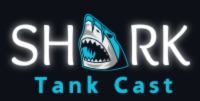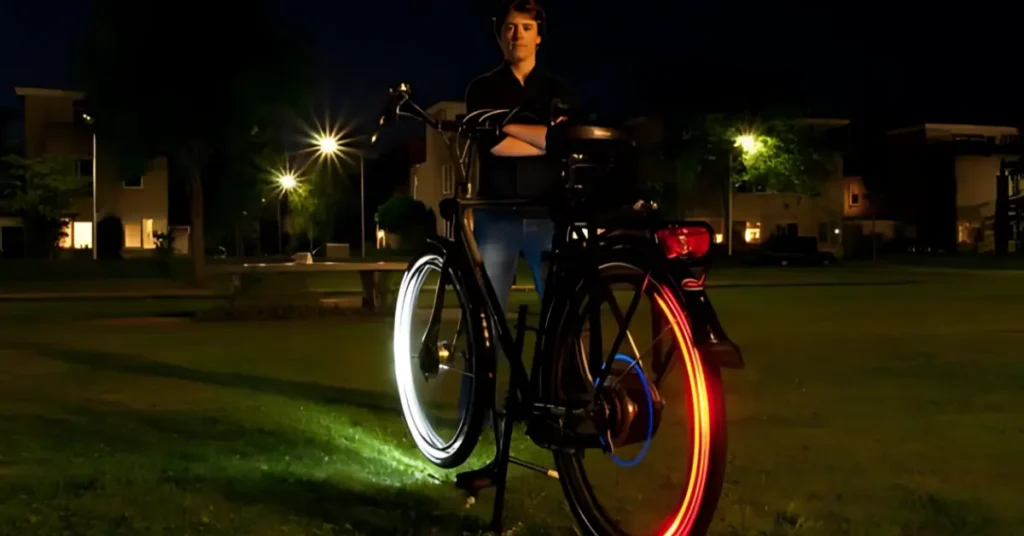Entrepreneurs Casey Gandham and Mike Shannon introduced their innovative textbook rental service, PackBack Books, on Shark Tank’s episode 523, which aired on March 21. Along with their third co-founder, Nick Currier, who was not present for the pitch, these Illinois State University students turned entrepreneurs sought to revolutionize the way college students accessed textbooks.
Table of Contents
ToggleNet Worth
As of November 2023, Packback’s estimated net worth is $4.2 million, with an annual revenue of $3.1 million. The company has raised a total of $10.7 million in funding as of January 2019. In March 2024, Packback secured a later-stage venture capital deal, further contributing to its growth.
Key Takeaways
- Innovative Solution: PackBack Books introduced a pay-per-use e-textbook rental model to reduce student costs.
- Shark Tank Investment: Casey Gandham and Mike Shannon secured $250,000 from Mark Cuban for 20% equity.
- Market Challenges: Major competitors like Amazon and Chegg did not adopt the micro-transaction model, but publishers saw value in it.
- Pivot to Education Tech: In 2018, the company shifted from textbook rentals to Packback Questions, an AI-powered discussion platform for students.
- Ongoing Success: Packback Questions is now used in over 250 universities and has an annual revenue of $4.2 million.
The PackBack Books Concept
PackBack Books was founded to tackle the soaring costs of college textbooks, which had reportedly increased four times the rate of inflation. With students spending approximately $1,000 annually on textbooks, PackBack Books presented a more affordable alternative by offering e-textbook rentals for just $5 per day. The pay-per-use model allowed students to rent books only when needed, significantly reducing expenses. Additionally, if a student opted to purchase an e-textbook, the amount paid in rental fees would be credited toward the purchase. The startup even had a patent pending for its process.
Seeking Investment on Shark Tank
In their pitch, Casey and Mike asked for $200,000 in exchange for 10% equity. They highlighted the fact that textbook prices had risen by 812% over recent years. Their micro-transaction model allowed students to access textbooks on a per-use basis, and they had already secured a leasing deal with one major publisher, with hopes of expanding further once they demonstrated success.
The entrepreneurs asserted that major competitors like Amazon and Chegg were unlikely to adopt this model, as it could undercut their used-book sales. However, they believed publishers would embrace the approach since it provided an additional revenue stream that traditional used-book sales did not offer.
Investor Reactions
- Daymond John opted out early, citing his lack of experience in the education sector.
- Barbara Corcoran was skeptical about the willingness of publishers to participate and declined to invest.
- Kevin O’Leary acknowledged the challenges of working within the educational market and expressed concerns about the long negotiation process required to secure publisher deals, leading him to pass.
- Robert Herjavec did not share the founders’ vision and also bowed out.
- Mark Cuban was the only investor interested in the venture. Initially, he felt 10% equity was too low and countered for a larger stake. After brief negotiations, the entrepreneurs agreed to Cuban’s offer of $250,000 for 20% equity.
Post-Shark Tank Growth and Evolution
Following their appearance on Shark Tank, PackBack Books attracted more than $1 million in additional investments. The company steadily expanded, working with publishers and educational institutions. In February 2016, the team moved into their first office space, laying the groundwork for sustained growth.
However, by August 2018, PackBack Books pivoted away from textbook rentals to focus on Packback Questions, an AI-driven discussion platform designed to enhance student engagement in educational discussions. This platform fosters critical thinking by analyzing students’ written responses, assisting professors in grading, and encouraging curiosity-driven learning. The company fully discontinued its e-textbook rental service on August 7, 2018, offering refunds for active rentals at the time.
The Future of Packback
Packback Questions has since gained significant traction, securing $2.5 million in funding in January 2019, bringing total investments to $10.7 million. By November 2022, the platform had expanded to over 250 universities, generating annual revenues of $4.2 million.
Mark Cuban’s investment in PackBack Books has proven to be a strategic success, transforming from a textbook rental service into a cutting-edge educational technology company that continues to innovate in higher education.
Conclusion
The journey of PackBack Books exemplifies how a startup can pivot and evolve based on market demands and opportunities. From a simple textbook rental model to an AI-driven educational discussion platform, the company has demonstrated resilience and adaptability. With continued growth and adoption in universities, Packback Questions is well-positioned to shape the future of digital learning and student engagement.









